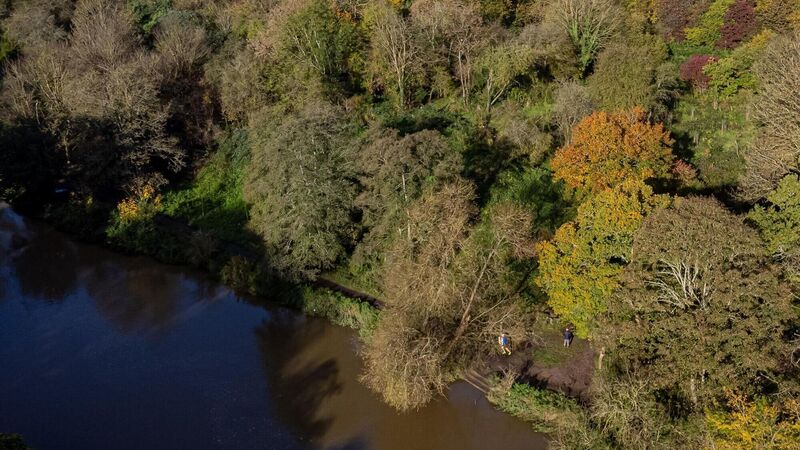EPA says councils need to step up efforts combating pollution

Councils must step up their enforcement efforts in combating pollution in lakes and rivers, according to the environmental watchdog.
Councils across the country must step up their enforcement efforts in combating pollution in lakes and rivers, according to the environmental watchdog.
A scarcity of resources should not be used to explain the lack of action taken against polluters in local areas, Environmental Protection Agency (EPA) officials told TDs and senators.










